Yesterday I was 6 feet from the grocery cart in front of me waiting to buy some groceries when the woman ahead of me, recognizing me as a clergyman, asked, “Is God causing this pandemic?”
I said that I would spend an hour talking with her outside, 6 feet away, of course, as I would have to know what she meant by God. She said, “Oh, thanks, but I have to get home.” Still I recognized that many people are wondering, what is God’s role in this coronavirus epidemic?
To answer that question one would first have to answer Who or What Is God?
In Western culture (and that includes the three monotheistic faiths: Judaism, Christianity and Islam), God is the source of all that is: the universe— our time and space world in all its complexity.
As Creator of time and space, God must be outside of time or space, which makes God totally different from us.
To the atheist, it is possible to know that there is no God. To the agnostic, to know that there is a God or not is an unanswerable question. The believer sees the universe as evidence of a Creator’s work.
Sometimes the beauty of the world overwhelms us and gives us a glimpse of the artistry, power and imagination of a Creator. This could be watching a sunset or a starry night, but for some it is more evident in an experience of love or compassion. Overall, the universe is good, and to have experienced it is good.
So why is there death and cruelty? Did God make malarial mosquitoes, or cause tsunamis, earthquakes, volcanic eruptions and pandemics?
This is the universal question of theology.
The Bible wants to answer that by saying that God made a perfect world and we human beings spoiled it. Modern theologians would more usually say that God made the world as perfect as was possible.
Time, by virtue of what time is, involves the end of things. Even suns eventually run out of fuel and die.
Humankind has evolved into a co-creator with God — able to warn of tsunamis, vaccinate against malaria, set a broken bone.
In our present crisis, men and women have had the opportunity to risk their lives for others or, when that is appropriate, to have the courage to stay at home. Trouble, disasters, the inevitability of death — these are the precursors of human valor, bravery and perseverance.
What Christianity has added to religious knowledge is the concept that God is love. God loves what God has made. God is not angry with us, and God is not punishing us. In the ’80s, fundamentalists asserted that AIDS was God’s way of punishing gay people. If that were the case, God would have done a terrible job, rather unworthy of a Creator, as thousands of mothers and babies and hundreds of thousands of heterosexual people also died of the disease.
God does not want us to suffer.
And death has an entirely different context for One that does not die. God can provide strength to endure and, in the end, hope.
The world is far from perfect, but could anyone reading this have made a better one?
We ought to use this time to be more gracious to one another, to sacrifice for one another, to “go the extra mile,” as Jesus counseled.
Hardship times are full of possibilities for service. This is Christmas without the commercialization. God did not send this catastrophe to us, but God has made it possible for us to learn from the experience and care for one another.
The Rev. Douglas Grandgeorge is the pastor of The Smithfield Presbyterian Church in Amenia. The church’s website is www.thesmithfieldchurch.org.
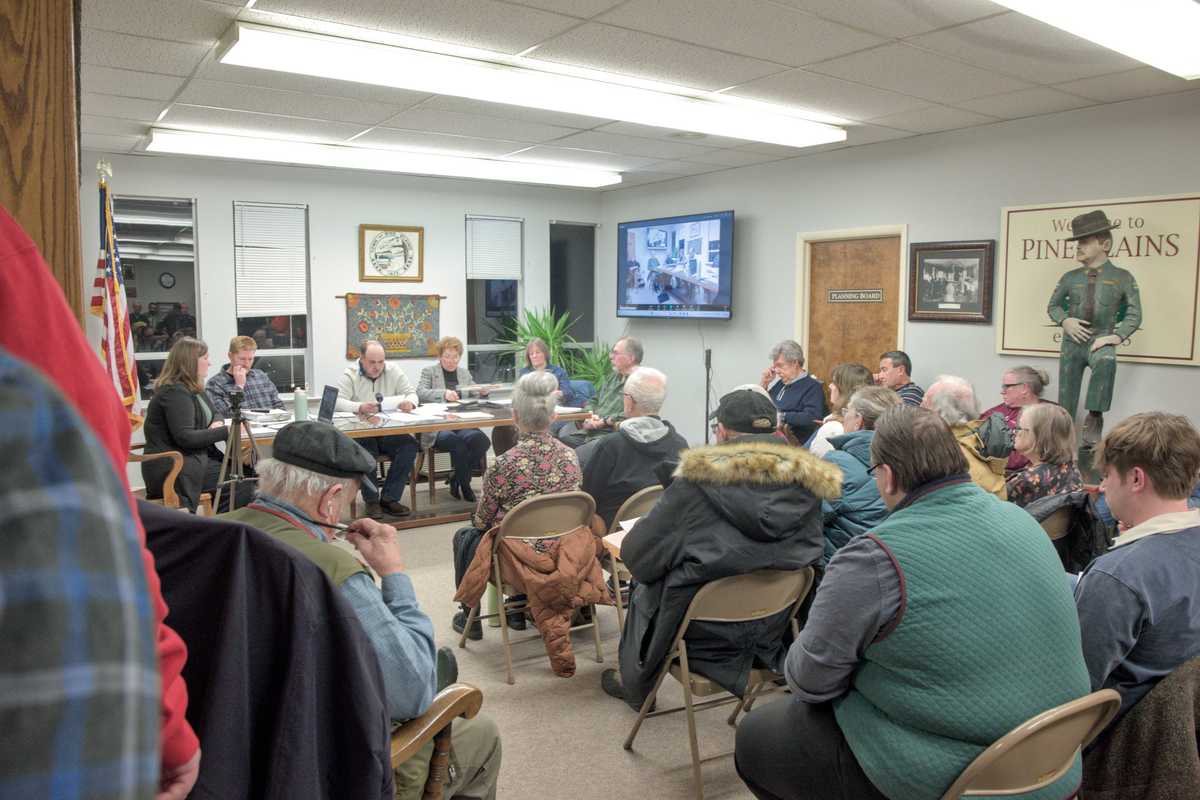


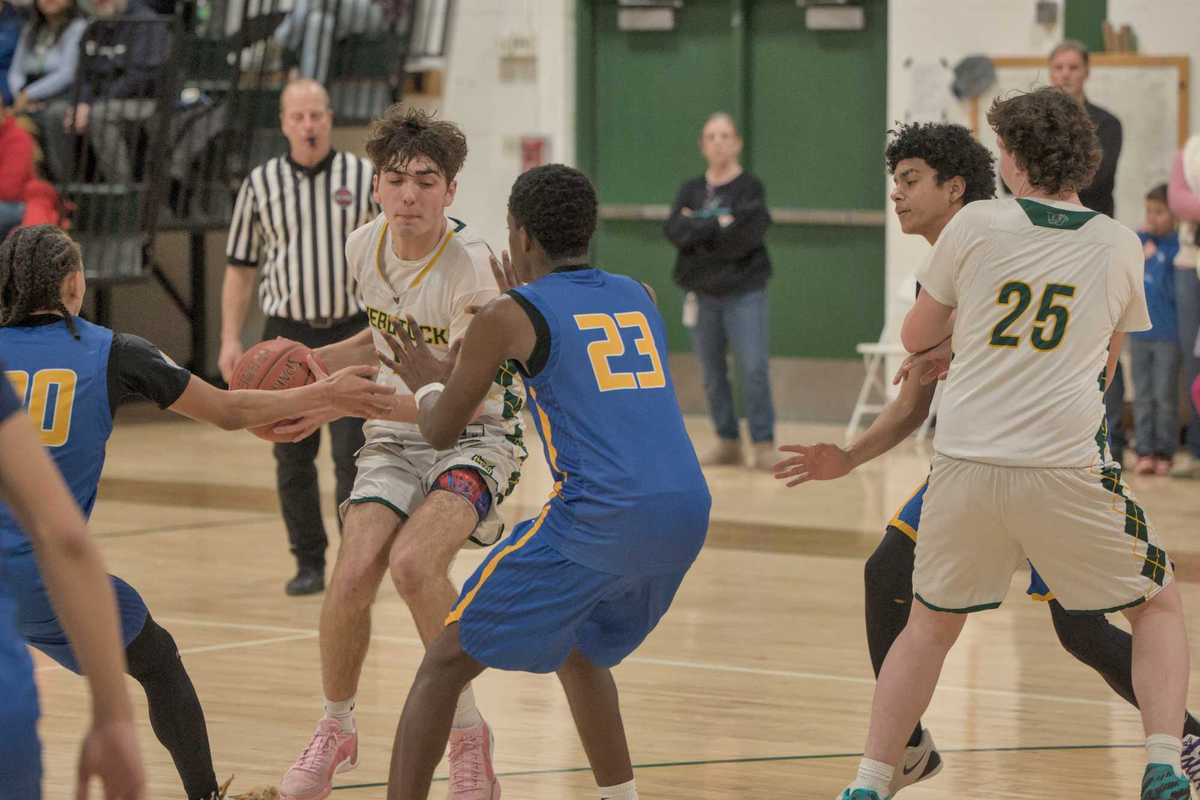

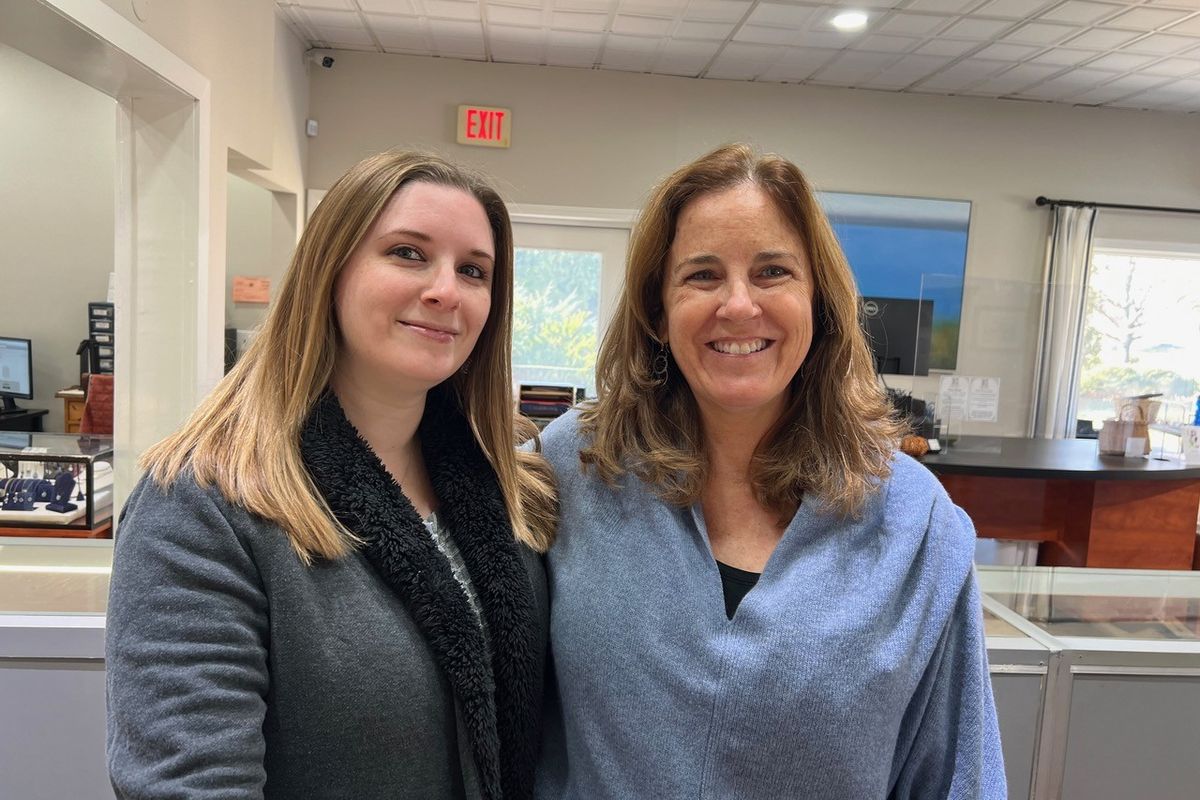

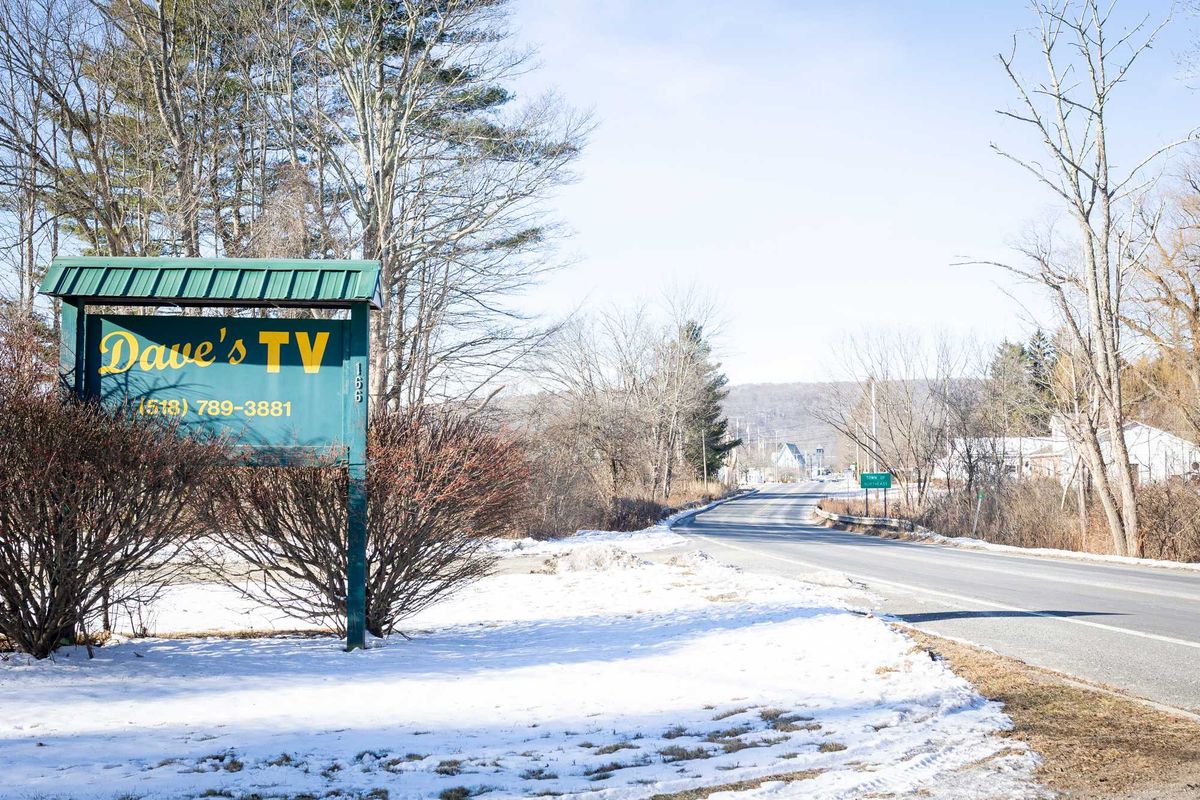
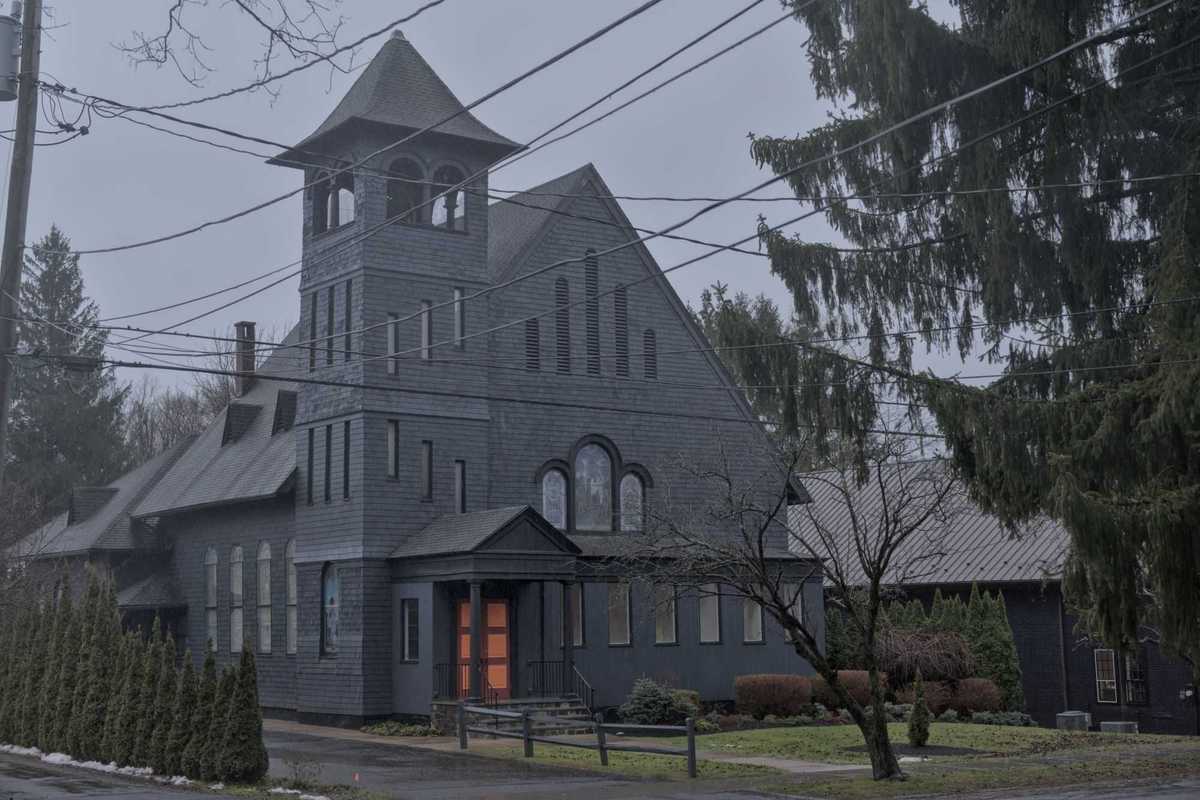

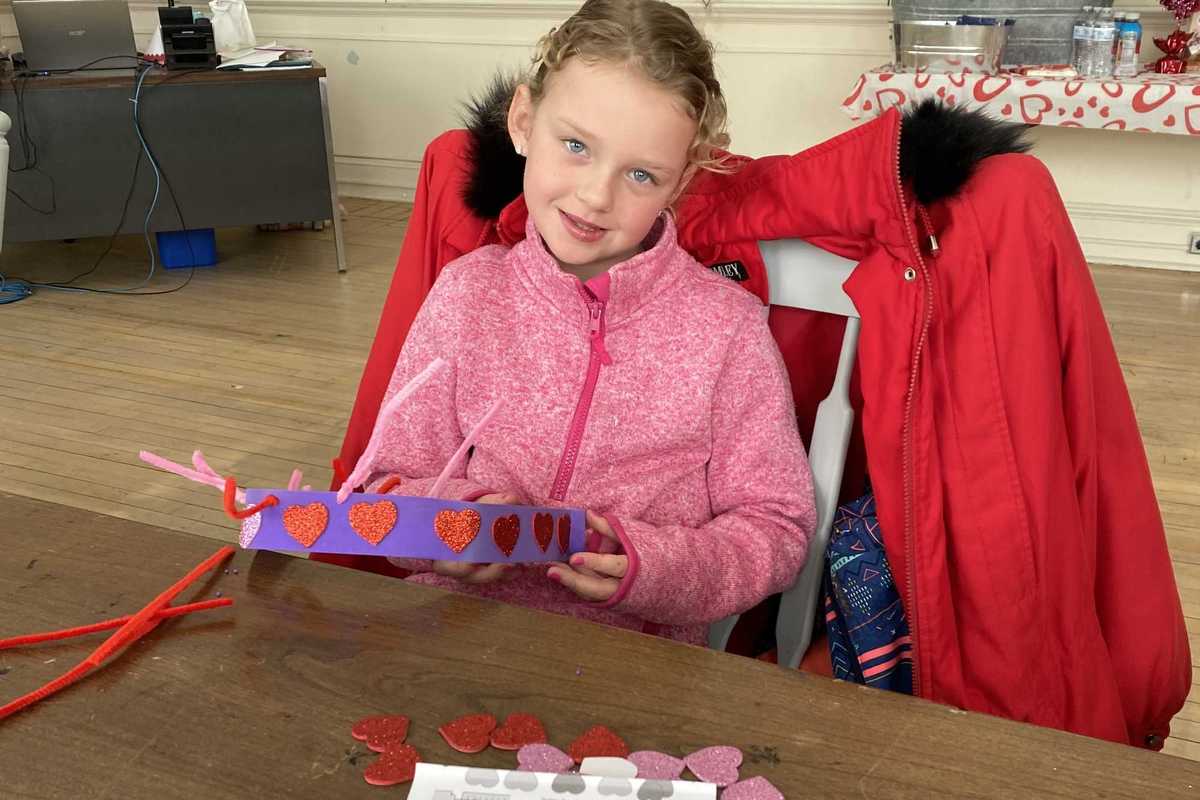







Theology and the COVID-19 crisis